Australian climate scientist - projections, attribution, impacts, communications etc. @IPCC_CH AR6 lead author (Atlas). Views are my own
Reposted by Andrew Watkins

Pretty bold position really

Reposted by Michael Grose
Reposted by Michael Grose

🗓️ Workshop date: 5th February 2025
⏰ Workshop time: 19:00-22:00 UTC
More details and registration 👉 wcrp-cmip.org/event/model-...
Reposted by Michael Grose
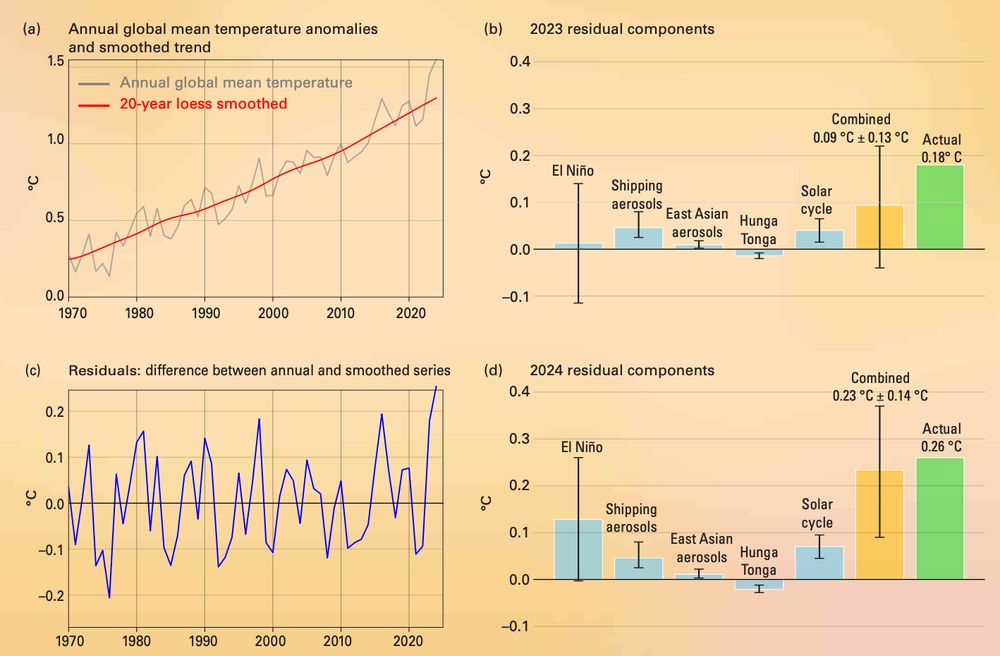
We find that while 2024 can be well explained by changes in forcings and internal variability, 2023 remains more of a mystery:
Reposted by Michael Grose
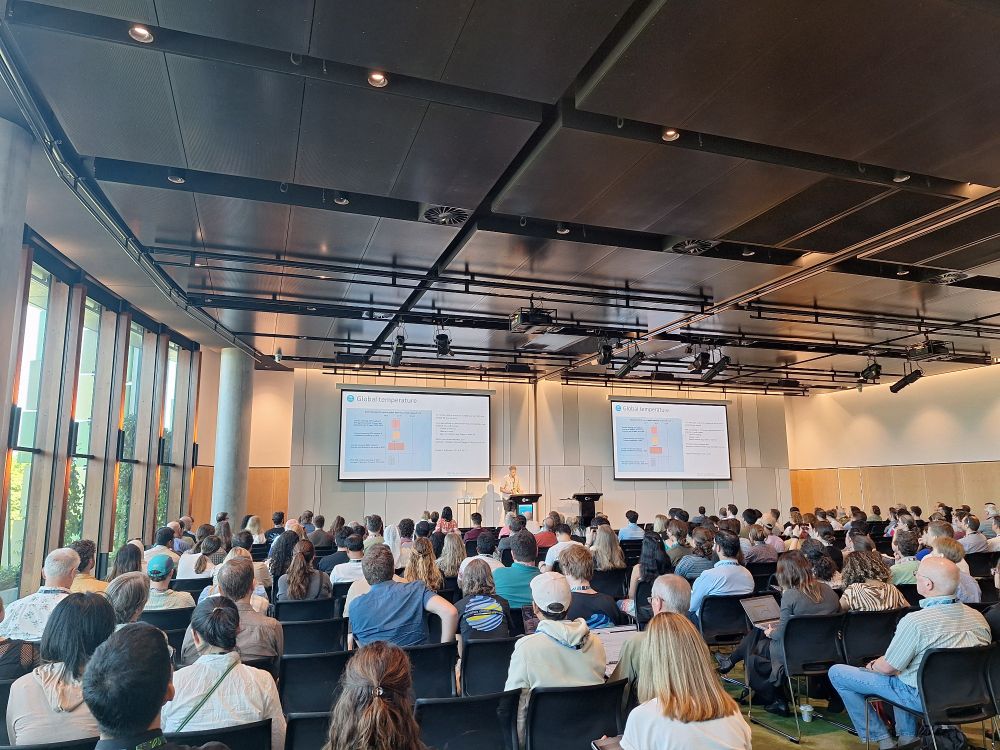
Reposted by Michael Grose
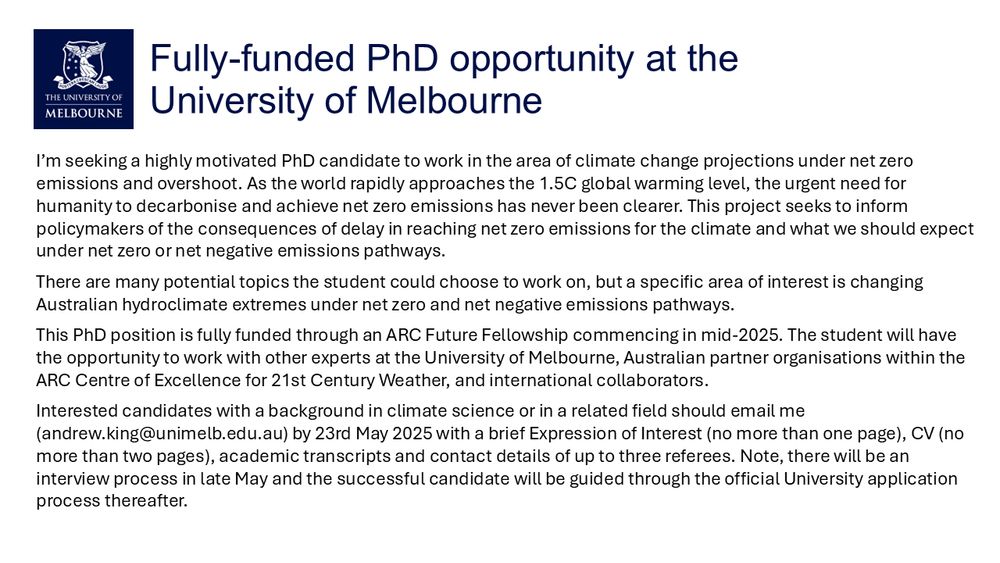

I will try to be fair and balanced, but having different perspectives is really important
nesp2climate.com.au/webinar-clim...

www.abc.net.au/news/2025-05...
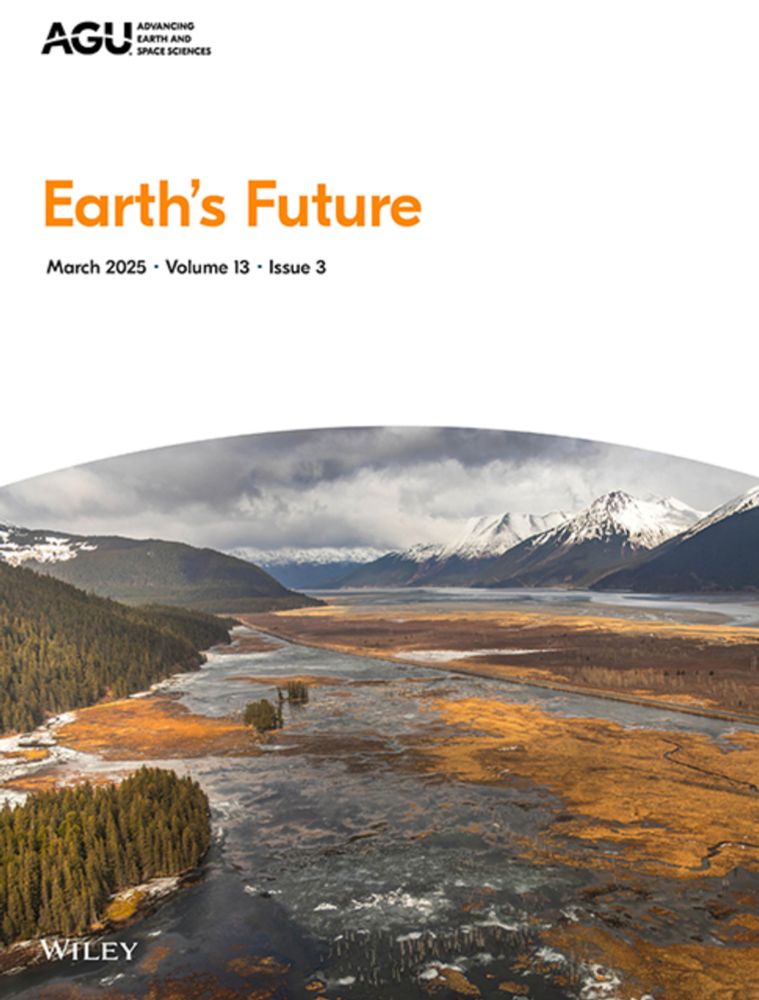
agupubs.onlinelibrary.wiley.com/doi/10.1029/...
We find that while 2024 can be well explained by changes in forcings and internal variability, 2023 remains more of a mystery:

Reposted by Michael Grose

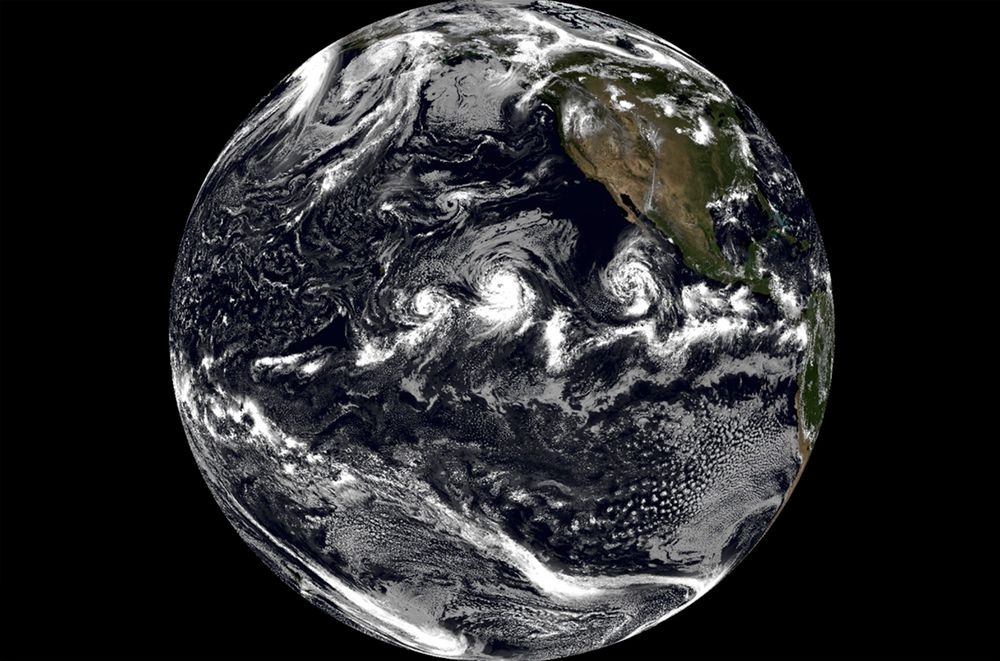
"...the birthplace of weather and climate forecasting"
🗓️ Workshop date: 5th February 2025
⏰ Workshop time: 19:00-22:00 UTC
More details and registration 👉 wcrp-cmip.org/event/model-...

Please register if you're keen!
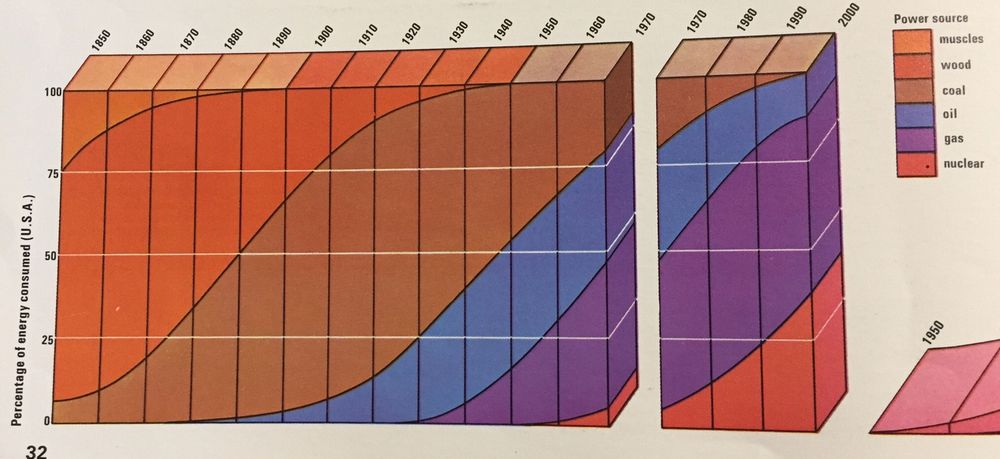
The costs/benefit does seem crazy, but I wonder if given the costs of SLR on New York, London or Amsterdam, it starts to make even the crazy maths make sense?

